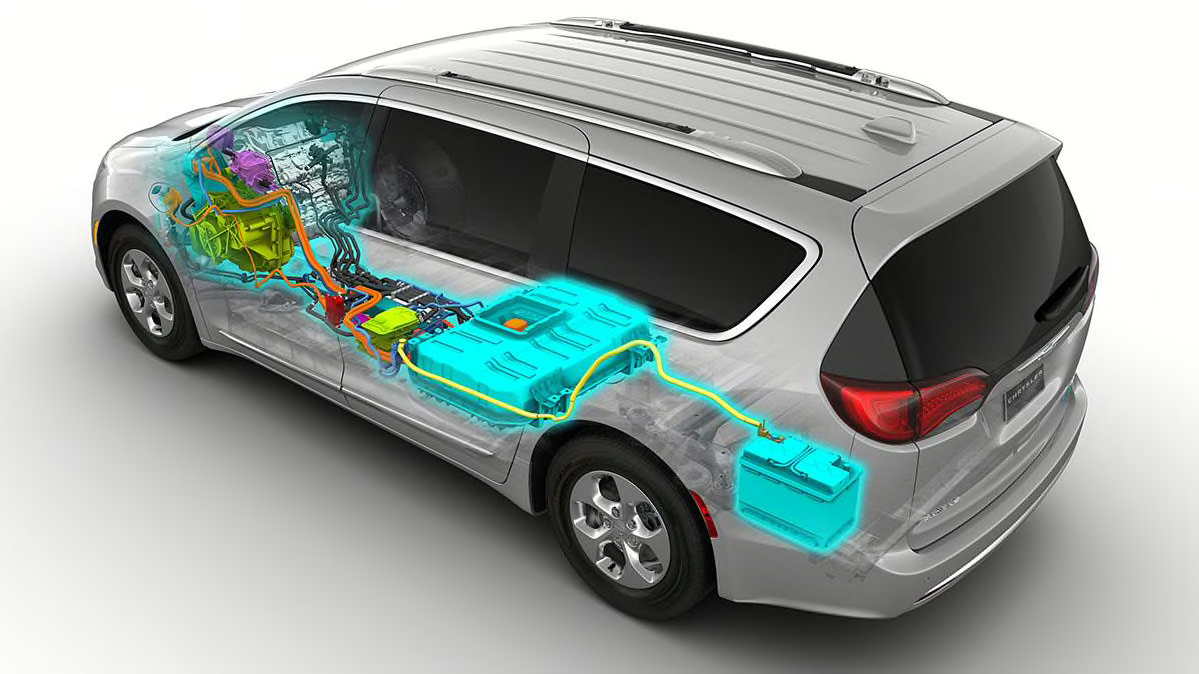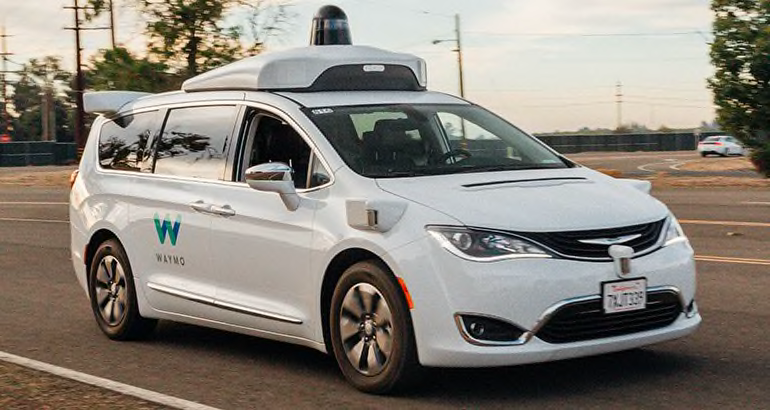
Changing consumer demands and evolving emissions regulations might finally drag Fiat Chrysler Automobiles (FCA) into the future.
At an investor event in Balocco, Italy, FCA's CEO, Sergio Marchionne, laid out a five-year plan that includes a focus on electrification, connectivity, and automation. By 2022 the company plans to have a host of new electric and hybrid vehicles, and a stronger partnership with the self-driving car company Waymo.
"It's technology that's going to work its way through the market," said Stephanie Brinley, a principal automotive analyst at IHS, who was at the event. "You really can't ignore it. You can't not be part of it."
The only pure EV that FCA sells in the U.S. is the 2017 Fiat 500e, a car it loses money on and sells in small numbers to meet emissions regulations.
FCA says it will be adding several new EVs by 2022, including a new version of the 500e, new SUVs from Jeep, an updated Maserati Quattroporte sedan, and the new Maserati Alfieri coupe.
Key vehicles from Jeep, Ram, Chrysler, and Maserati will also get some form of electrification, including existing 48-volt mild-hybrid technology, hybrids and plug-in hybrids, and even full battery electrification for a few models. FCA plans to no longer offer diesel engines on its passenger vehicles by 2021.
"If FCA uses the same plug-in hybrid system we experienced in our Pacifica PHEV, that's a good thing," said Gabe Shenhar, who helps run CR's testing and praised the Pacifica's 30-mile electric-only range. "A Jeep Grand Cherokee PHEV seems like a no-brainer, utilizing that technology in a more popular model."
Indeed, Brinley says FCA is using electrification to build on its existing strengths.
"FCA is one of the first examples—if not the first—where the conversation about electrification is going to be about using that hybrid or PHEV or battery-electric vehicle to enhance the performance characteristics that buyers expect of the brand, as well as improving fuel economy," she said.
For example, FCA is already using 48-volt mild-hybrid technology to boost performance and fuel economy on the 2019 Ram 1500.
"It'll make Jeeps better at what Jeeps are supposed to do. It'll make Maseratis better at what Maseratis are supposed to do," she said.
FCA also said that all of its vehicles will be getting connectivity services—including diagnostics, security, and over-the-air updates—by 2022. Between 2019 and 2021, FCA plans to sell vehicles with advanced driver-assist systems that rival Tesla's Autopilot, Nissan's ProPilot Assist, and Volvo's Pilot Assist II.
CR has raised concerns about these systems, none of which can operate without a driver paying attention to the road and ready to take over as needed.
"While these systems can offer convenience, it's unclear if there is any safety benefit. When the vehicle can steer and control the speed, it's too easy for a driver not pay attention to the road," said Jake Fisher, CR's director of auto test.

The company is partnering with Google's self-driving company, Waymo, the automotive supplier Aptiv, and the competing automaker BMW to develop the technology. "FCA is being pretty smart in the sense that they're leveraging partnerships rather than taking on the full investment themselves," Brinley said.
FCA said it is also making longer-term investments in future vehicle autonomy technology. Recently, the automaker also announced that it would be selling 62,000 Pacifica Hybrid minivans to Waymo over the next three years for use as part of a self-driving prototype fleet.
Although other manufacturers may have paid more attention to autonomous driving earlier, Brinley doesn't think Chrysler's timing puts it at a disadvantage, especially given the current state of autonomous technology.
"I would actually suggest that, given that nobody's actually selling autonomous vehicles yet, nobody's late," she said. "What are they late to?"